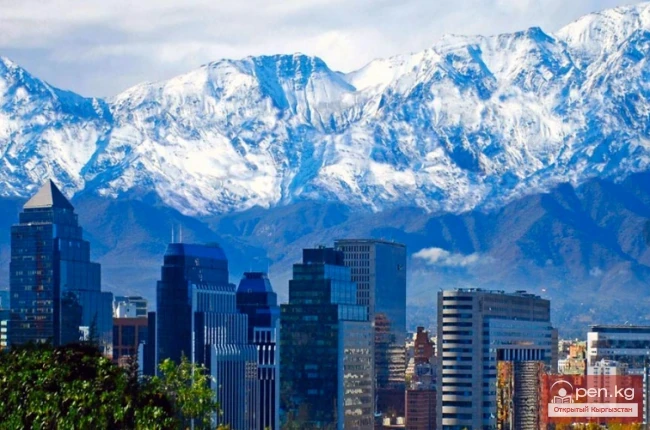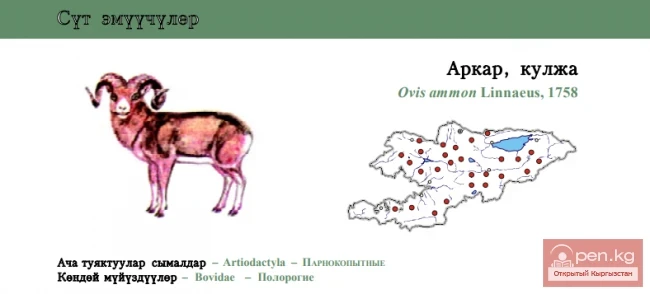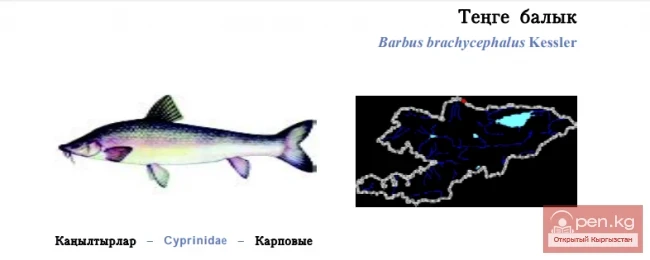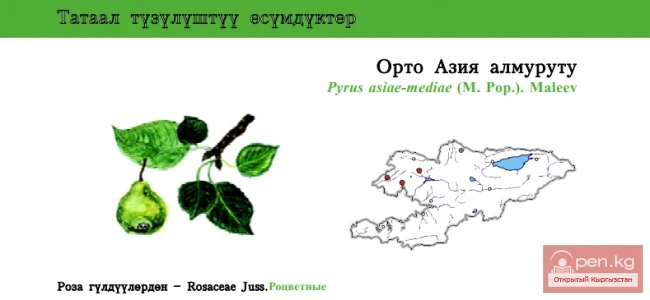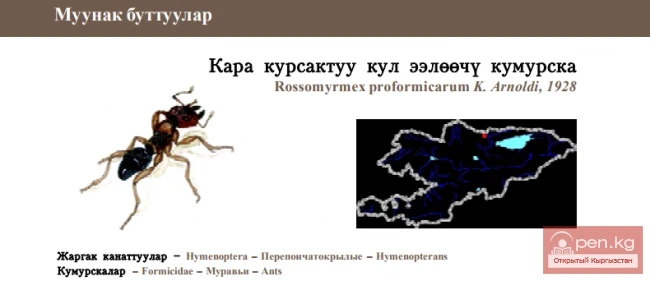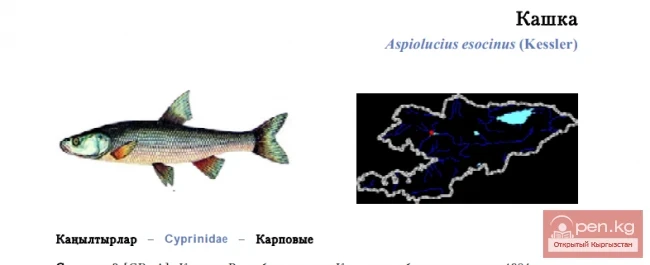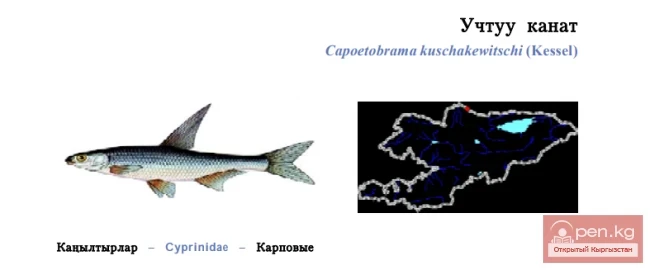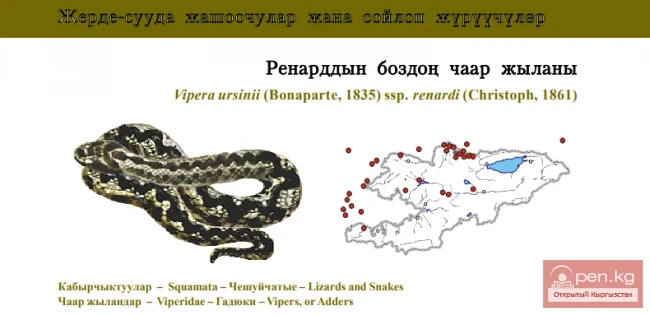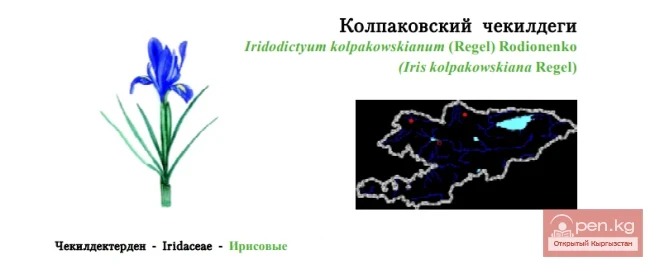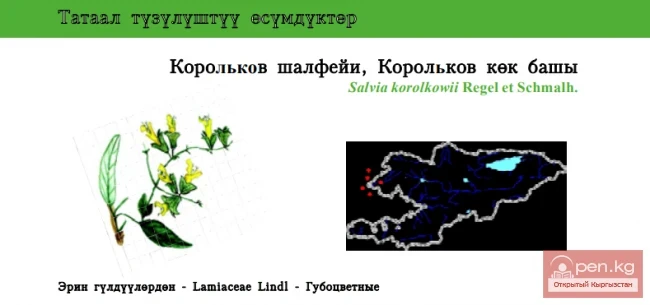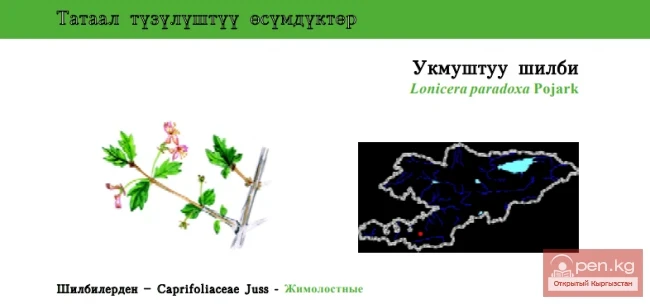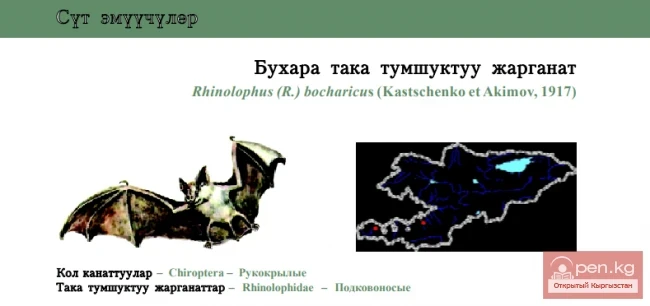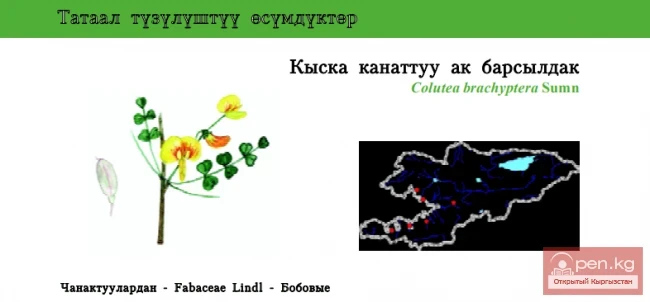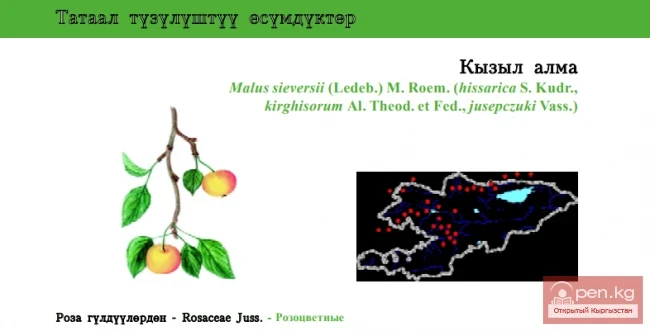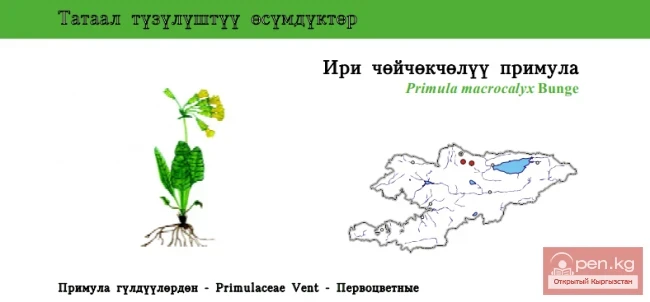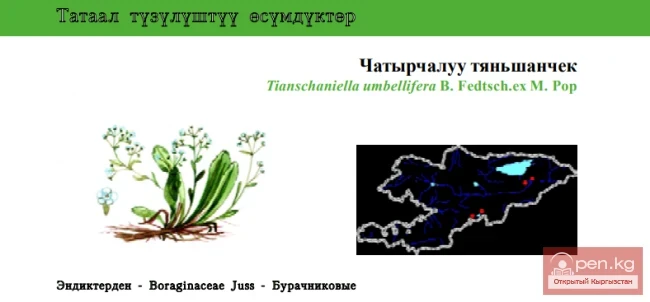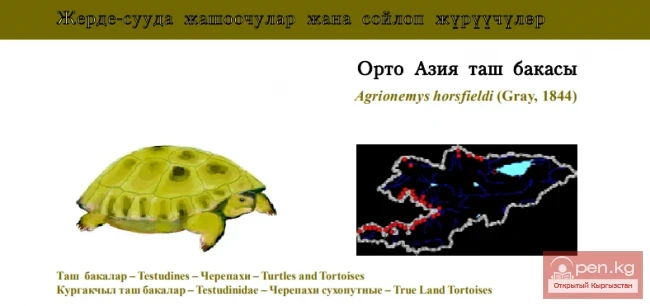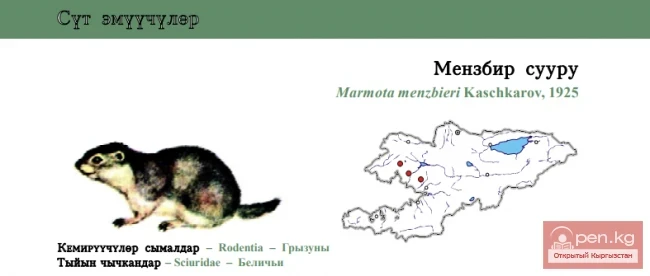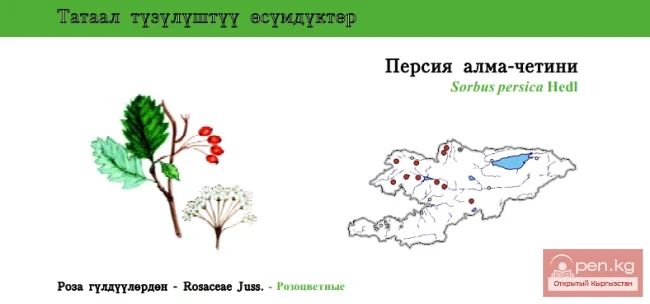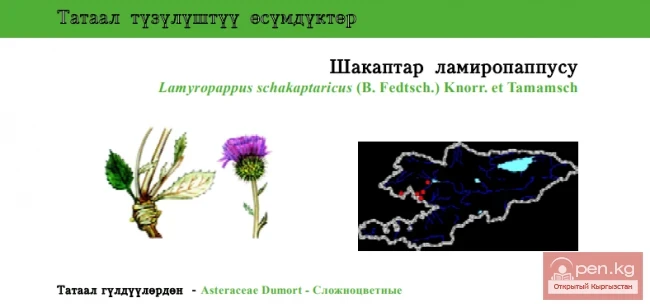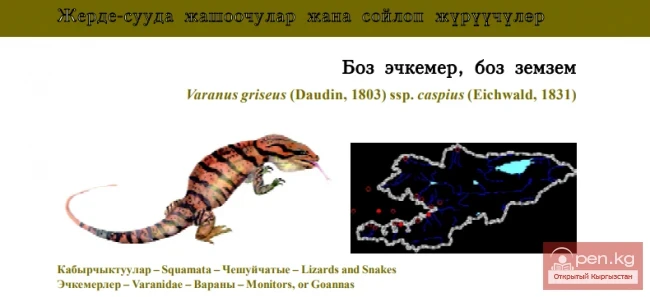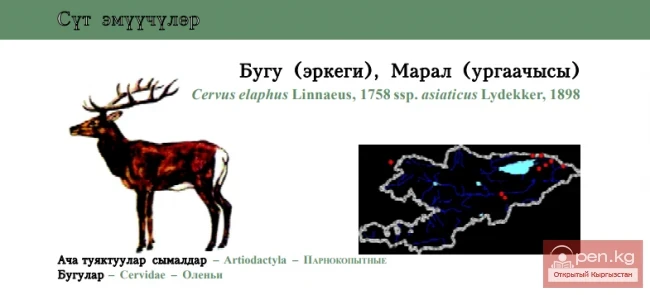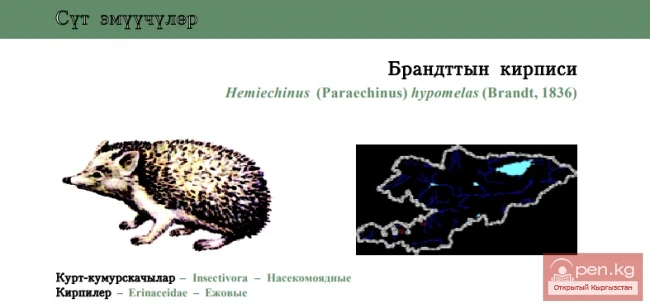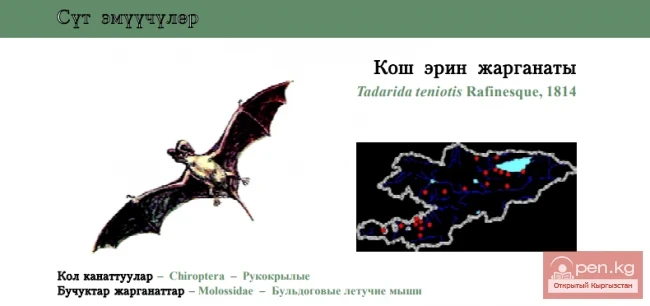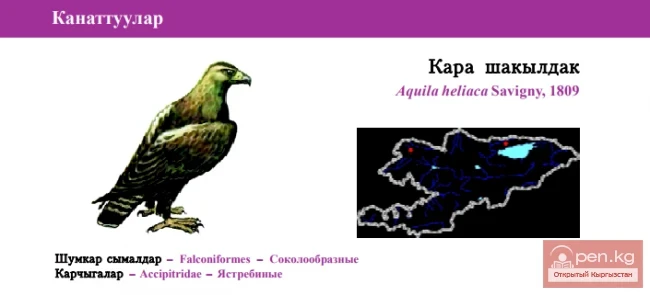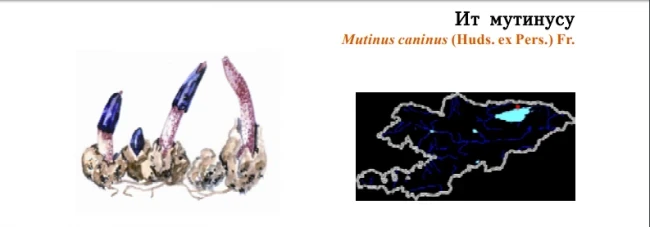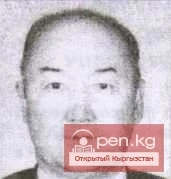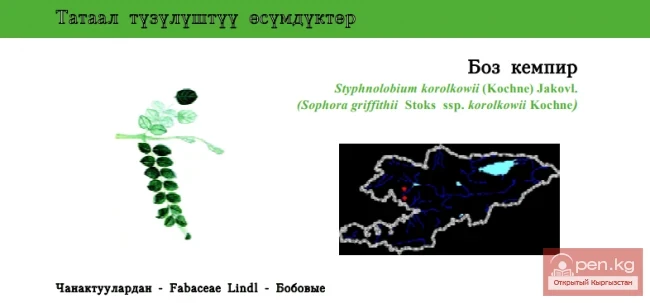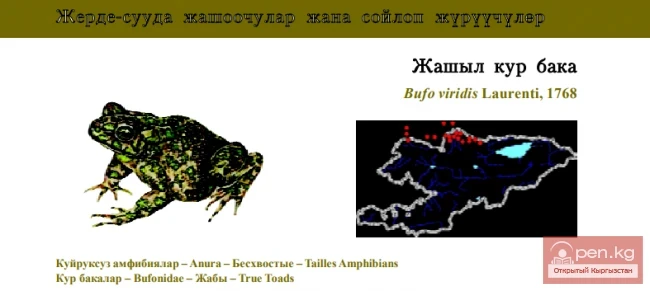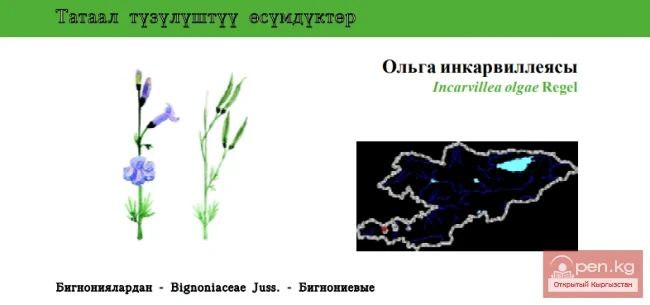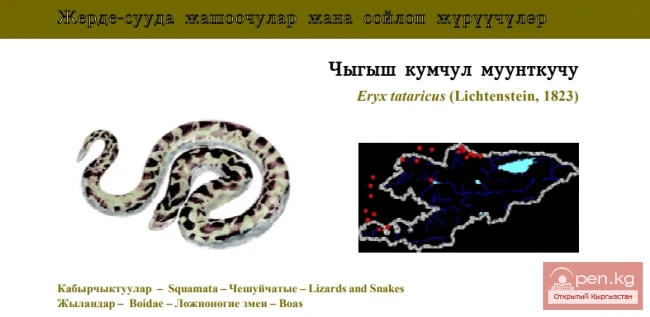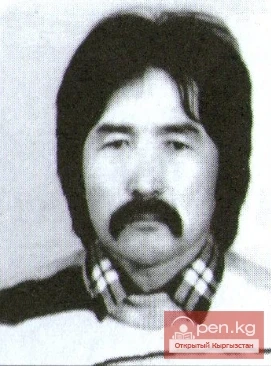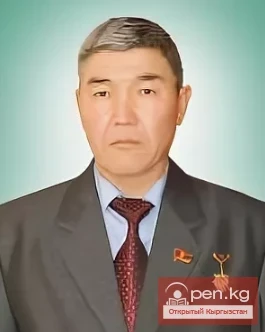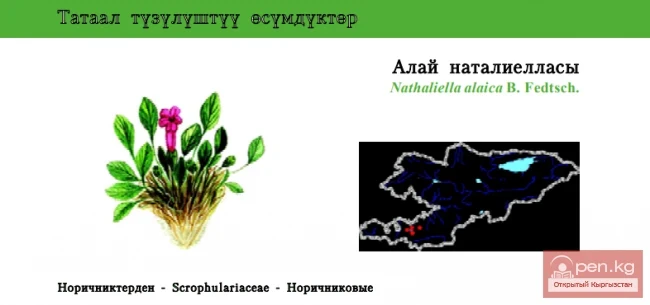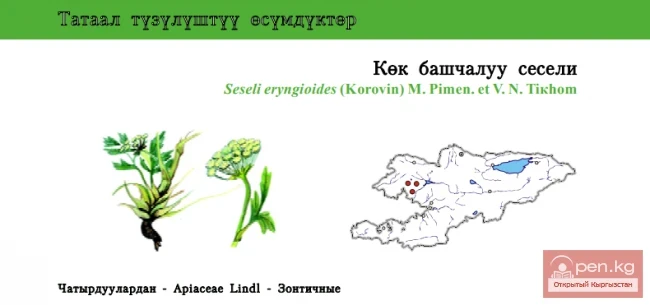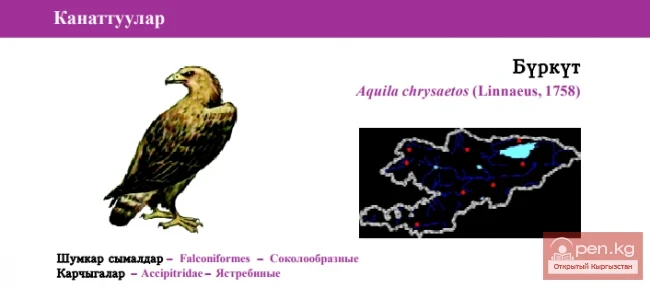CHILE. Republic of Chile
A country in the southwestern part of South America, on the Pacific coast. Chile also includes several islands (the largest of which is Easter Island). Area - 156.9 thousand km². Capital - Santiago (6 million), largest cities: Concepción (368 thousand), Viña del Mar (334 thousand), Valparaíso (285 thousand), Temuco (260 thousand). Administrative-territorial division - 12 regions and the metropolitan area. Population - 15.8 million (2004), Chileans; 68% - Creoles, 30% - Europeans, 2% - Indigenous people. Official language - Spanish. Predominant religion - Catholicism (89% of the population). Currency - Chilean peso = 100 centavos.
Has diplomatic relations with the Russian Federation (established with the USSR on December 11, 1944, severed by Chile on October 21, 1947, restored on November 24, 1964, severed by the USSR on September 22, 1973, restored on March 11, 1990).
National holiday - September 18 - Independence Day (1810).
Chile is a presidential republic. The current constitution was adopted in 1980, came into force on November 11, 1981, in full (with subsequent amendments) - on March 11, 1990. The head of state and government is the president (since March 2000 - Ricardo Lagos Escobar, Socialist Party of Chile). In 2005, the National Congress adopted amendments to the constitution, according to which, among other things, the head of state cannot be re-elected for a second term, and the president's term was reduced from 6 to 4 years. The highest legislative body is the National Congress, consisting of the Senate (48 senators) and the Chamber of Deputies (120 deputies), elected on December 16, 2001. The composition of the Senate is renewed by half every 4 years, and the Chamber of Deputies is elected by universal suffrage for 4 years. The highest executive body is the cabinet of ministers (currently a coalition - Christian Democratic Party, Socialist Party of Chile, Party for Democracy, Radical Socialist Democratic Party, and independents).
Political parties: Christian Democratic Party (CDP) - founded in 1957, ruling; the most influential party in Chile. The main focus of its program is on restoring democracy in the country and achieving national reconciliation. Chairman - A. Saldívar. Socialist Party of Chile (SPC) - founded in the early 20th century, unites various groups of intelligentsia adhering to socialist views. It is part of the ruling coalition and a member of the Socialist International. Chairman - R. Núñez. Party for Democracy (PD) - founded in 1988 initially as a legal cover for the SPC, leader - V. Barrueto. Radical Socialist Democratic Party (RSDP) - founded in 1883. Chairman - J. Gómez. Represents the interests of small entrepreneurs, intelligentsia, civil servants, and the middle class; it is part of the Socialist International. National Renewal Party (NRP) - founded in 1987 as a result of the merger of the National Labor Front and the National Union and Independent Democratic Union (the NDU separated from the NRP in 1988). The largest opposition party, the successor of traditional Chilean right-wing parties, connected with influential landowning circles. Chairman - S. Diés. Independent Democratic Union (IDU) - split from the NRP in 1988; its organizers were prominent figures of the Pinochet regime S. Fernández (Minister of the Interior) and J. Guzmán (political advisor to A. Pinochet). It considers itself a party of "Christian and popular spirit," advocating a "third alternative" - between disarmed democracy and authoritarian regime. Chairman - J. Novoa. Communist Party of Chile (CPC) - founded in 1922. After the military coup in 1973, it operated underground. Legally registered in 1990 as a nationwide organization. It mainly relies on the poorest segments of the population. General Secretary of the CPC - G. Taylor.
After the elections on December 16, 2001, the CDP has 13 seats in the Senate and 22 in the Chamber of Deputies, the NRP - 7 and 9, the IDU - 8 and 33, the SPC - 5 and 10, the PD - 2 and 21, the RSDP - 6 seats in the Chamber of Deputies.
The largest trade union association in the country is the United Workers' Center of Chile (UWCC), established in 1988, with a leading role belonging to the Christian Democrats.
European explorers reached Chile during F. Magellan's expedition in 1520. Becoming a colony of Spain, it was part of the Viceroyalty of Peru. In the early 19th century, the liberation struggle intensified in Chile. On September 18, 1810, the National Government Junta, formed by Chilean patriots, proclaimed independence, introduced free trade, and convened the National Congress. Due to a number of factors (relative isolation from the rest of the world, predominance of traditionalist conservative sentiments, the presence of a clearly defined political and social center - the city of Santiago, etc.), Chile demonstrated a rare example of relative political stability for Latin America. In 1925, a constitution was adopted that ended parliamentary oligarchy and established strong presidential power. From 1938 to 1941, the government of the Popular Front was in power in Chile. The government of Christian Democrats that came to power in 1964 (led by E. Frei) carried out land reform and partial nationalization of enterprises.
The victory in the presidential elections of 1970 was won by the Popular Unity - a political bloc that included radicals, socialists, social democrats, communists, and the left-wing Movement of Unified Popular Action (MAPU). The government led by socialist president S. Allende, which continued land and other socio-economic reforms, faced increasing internal and external resistance. Illegal strikes, land seizures, real estate occupations, unauthorized demonstrations, and rising terrorism and crime destabilized the country's economic system and exacerbated the national crisis. The opposition, which held the majority in parliament, effectively sabotaged the government's decisions. The nationalization of enterprises owned by foreign monopolies led to a deterioration of relations with several countries, primarily the USA, and to an increasing orientation of Chile towards the Soviet Union and other socialist countries.
By the fall of 1973, the crisis reached its peak. The opposition openly raised the question of overthrowing the government. Contradictions also grew within the Popular Unity. In these conditions, no political group was able to compromise. On September 11, 1973, a military coup occurred, and S. Allende died.
After the military junta led by A. Pinochet came to power, the constitution was suspended, parliament was dissolved, and the activities of all political parties without exception were banned, leading to mass repression. The new political system of the country was enshrined in the constitution adopted by plebiscite in 1980, under which A. Pinochet retained the right to remain in power as president until 1989.
By the mid-1980s, the internal political struggle intensified. Although the government's economic policy, based on a neoliberal model of "open" economy, yielded significant results, the authoritarian methods of governing the state caused dissatisfaction among increasingly broad segments of the population. At the same time, there was a trend towards seeking consensus between the military regime and the opposition. In 1987, a special decree allowed the activities of all non-Marxist political parties. In the plebiscite of 1988, the majority of the population expressed opposition to extending A. Pinochet's presidential mandate. In the general elections held in December 1989, the leader of the CDP P. Aylwin won. The current president R. Lagos Escobar belongs to the SPC (his term expires in 2006).
The government considers its main task to promote the process of national reconciliation and ensure civil peace in the country. Reforms aimed at consolidating socially oriented economic structures are being implemented.
Chile is a member of the UN, OAS, ALADI, APEC, and other international organizations, and an associated member of MERCOSUR.
Chile is one of the most economically developed countries in Latin America. In industry and energy, 14% of the economically active population is employed, in agriculture - 13%, in construction - 8%, in the service sector - 65%.
Employment in the informal sector is estimated at 23%; women make up 30% of the economically active population. In 2004, GDP growth was 5.8% (on average, it increases by 6% annually; about $5,600 per capita) and reached $88 billion. Foreign investments are of significant importance for Chile. In 2004, approximately $8 billion was invested in the country's economy from abroad. The largest investors in 2004 were the USA (27.2%), Spain (23.4%), Canada (14.2%), the UK (9.1%), and Australia (3.8%). At the same time, Chilean capital outflow abroad amounted to $8.1 billion in 2004 ($1.6 billion in direct investments).
Chile is rich in mineral resources: copper (1st in the world in production and export), nitrate, molybdenum, and iodine (2nd place), native sulfur, iron ore, coal, gold, zinc, and others.
Traditionally, the leading industry in Chilean industry is mining, especially copper mining.
Proven copper reserves are estimated at 38% of the world's total, with production in 2004 amounting to 4.48 million tons. Copper accounts for about half of the country's export revenue. The wood processing and petrochemical industries, as well as fishing, are also well developed. The light and food industries have reached a high level of development.
Agriculture is a highly intensive sector in Chile. Crop production (cereals, horticultural crops of the temperate and subtropical zones) and winemaking are well developed. Natural conditions have allowed for the establishment of effective livestock farming focused on dairy and meat production. Chile fully provides itself with food, and many types of agricultural products (fresh fruits and vegetables, wines) are exported.
Chile has a developed transport network. The country has about 80,000 km of roads, of which 10,300 km are paved. The length of railways is 8,100 km. The largest ports are Valparaíso, Antofagasta, Punta Arenas, Talcahuano, and San Antonio. There are two major airlines in Chile: the state-owned "LAN Chile," which provides transportation on domestic and international routes, and the private "Ladeco," which operates within the country and on Latin American routes.
In 2004, the volume of foreign trade amounted to $54.9 billion, including exports of $32 billion. More than 1/3 of export revenues ($16.6 billion) comes from the mining industry, primarily copper. About 15% of exports come from the manufacturing industry, with about 10% from wood processing products, which are exported to 60 countries worldwide. Revenue from fish product exports in 2004 amounted to $2.5 billion (18% of all export revenues of the country). The supply of agricultural products to the world market (fresh and dried fruits and vegetables, wine) is growing and diversifying. In terms of wine sales in Western Europe, Chile ranks 3rd (after Italy and France). In 2004, the Chilean budget had a positive balance of $1.41 billion. Main trading partners: the USA, Japan, Brazil, and Argentina. In recent years, trade with China and other Asia-Pacific countries has been growing rapidly.
Gold and foreign exchange reserves amount to $15.7 billion. Chile's external debt at the end of 2004 was $43.9 billion.
Efforts are being made to combat poverty (22% of the population lives below the poverty line). Financing of social programs is ensured by expanding the revenue side of the state budget (through increased taxation, which is the highest in Latin America - 21.2% of GDP, taking into account direct and indirect taxes). The government is gradually raising the minimum wage, and the inflation rate has decreased to 2.4%. Chile has a relatively high literacy rate - 93%.
The largest universities include the University of Chile, Catholic University of Chile, Santo Tomás University, University of Valparaíso, and Catholic University of Valparaíso.
Among the most well-known periodicals are the newspapers: "Mercurio" (about 200 thousand copies), "Tercera de la Hora" (200 thousand), "Últimas Noticias" (150 thousand); magazines: "Vea" (150 thousand), "Ersilia" (28 thousand). The government information agency is "Orbe Servicio Informativos" - SA. There are state and commercial television channels, and more than 300 radio stations.
